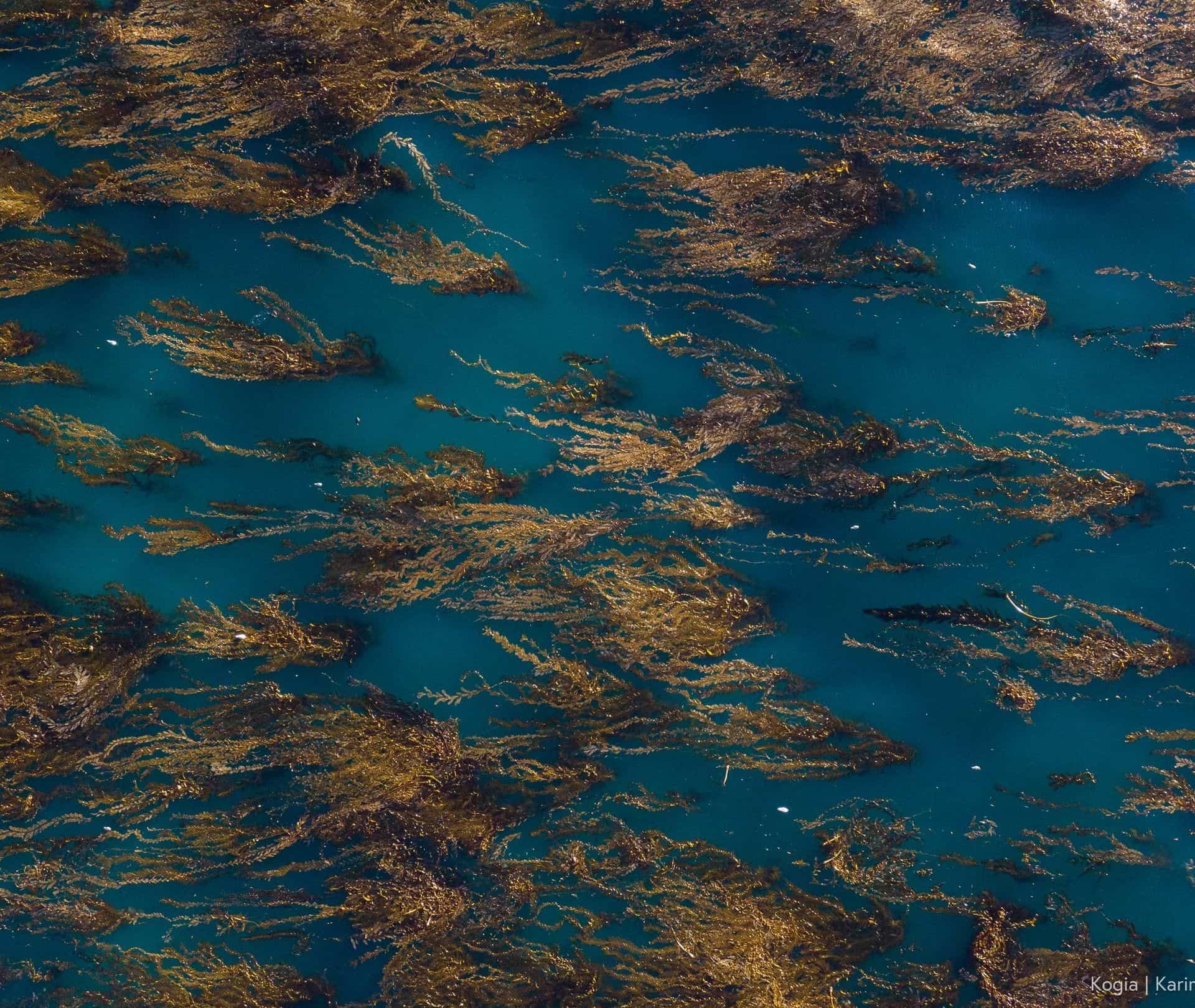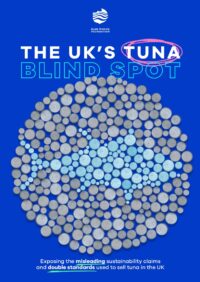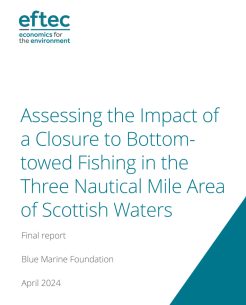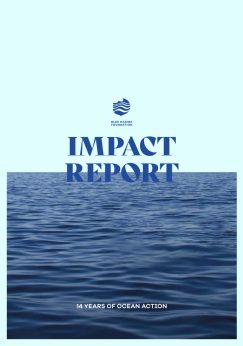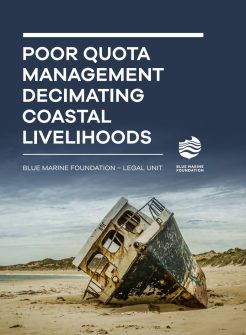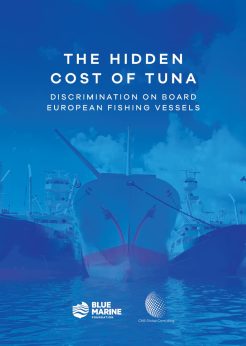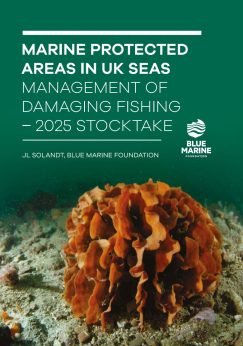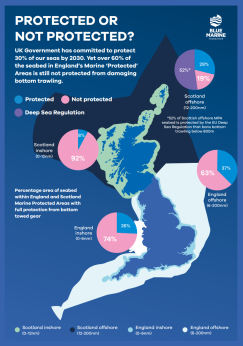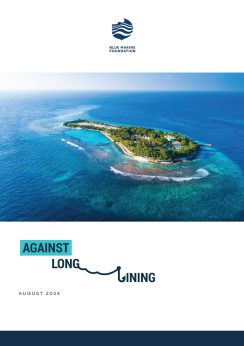If you take even a passing interest in marine conservation and sustainable fishing, you will likely have come across Ian Urbina’s most recent piece of outstanding investigative journalism published in the New Yorker last month. The four-year investigation exposed the environmental devastation and horrific human rights abuses so prevalent within China’s rapacious distant-water fishing fleet and has already led to ties being cut with Chinese companies2 and to questions being asked of American and European retailers3 over their potential role in selling seafood tainted by forced labour allegations. Whenever a big story like this reaches the mainstream press, illegal and unsustainable fishing is afforded a brief moment in the sun. In my experience, not since Seaspiracy aired on Netflix in March 2021 has the issue of industrial overfishing been raised so enthusiastically as a topic of discussion at dinner parties and down the pub and, most surprisingly for me, even at the football. These conversations sometimes lead to questions about our work at Blue Marine Foundation and what my coworkers and I are currently busy with. Even before Ian Urbina’s recent report, when I explain that we’re combatting the rampant overfishing of tuna in the Indian Ocean, nine times out of ten the assumption is that the main perpetrators are the Chinese fleets. Cue the looks of surprise, therefore, when they discover that it is in fact the EU’s powerful distant-water fishing fleet that has caught far more tuna than anyone else in the eight years since the region’s overfishing crisis began, thanks in no small part to their use of a type of fishing gear called drifting fish aggregating devices, or FADs.


Fisheries Transition Analysis Framework: Final Report
“Blue Marine Foundation is working to remove bottom-towed fishing from all Marine Protected Areas, helping to effectively protect 30 per cent of the ocean by 2030. Within the whole ocean we are advocating for a just transition to low-impact fisheries to enable communities and livelihoods to thrive alongside restored seas.”
06 August 2024
